Tag Archive for: sustainability
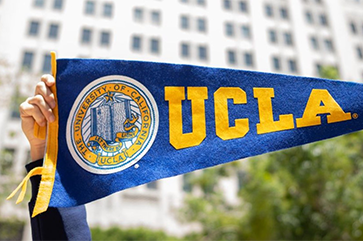 https://www.college.ucla.edu/wp-content/uploads/2024/01/ucla-flag-363-241.png
241
363
Alvaro Castillo
https://www.college.ucla.edu/wp-content/uploads/2019/07/Uxd_Blk_College-e1557344896161.png
Alvaro Castillo2023-12-23 14:56:462024-01-03 14:57:252023 reflections: Stepping boldly into the future
https://www.college.ucla.edu/wp-content/uploads/2024/01/ucla-flag-363-241.png
241
363
Alvaro Castillo
https://www.college.ucla.edu/wp-content/uploads/2019/07/Uxd_Blk_College-e1557344896161.png
Alvaro Castillo2023-12-23 14:56:462024-01-03 14:57:252023 reflections: Stepping boldly into the future https://www.college.ucla.edu/wp-content/uploads/2023/11/UCLA-answer-363-241.png
241
363
Alvaro Castillo
https://www.college.ucla.edu/wp-content/uploads/2019/07/Uxd_Blk_College-e1557344896161.png
Alvaro Castillo2023-11-16 08:02:592023-11-17 08:03:16L.A. asks how to equitably achieve 100% clean energy by 2035 – and UCLA answers
https://www.college.ucla.edu/wp-content/uploads/2023/11/UCLA-answer-363-241.png
241
363
Alvaro Castillo
https://www.college.ucla.edu/wp-content/uploads/2019/07/Uxd_Blk_College-e1557344896161.png
Alvaro Castillo2023-11-16 08:02:592023-11-17 08:03:16L.A. asks how to equitably achieve 100% clean energy by 2035 – and UCLA answers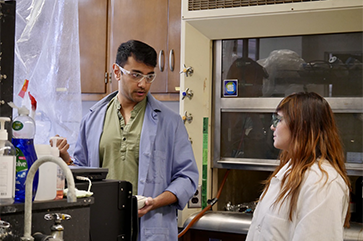 https://www.college.ucla.edu/wp-content/uploads/2023/11/Colgan-363-241.png
241
363
Alvaro Castillo
https://www.college.ucla.edu/wp-content/uploads/2019/07/Uxd_Blk_College-e1557344896161.png
Alvaro Castillo2023-11-15 08:07:412023-11-17 08:08:12Half a century of advancing sustainability and addressing global environmental issues
https://www.college.ucla.edu/wp-content/uploads/2023/11/Colgan-363-241.png
241
363
Alvaro Castillo
https://www.college.ucla.edu/wp-content/uploads/2019/07/Uxd_Blk_College-e1557344896161.png
Alvaro Castillo2023-11-15 08:07:412023-11-17 08:08:12Half a century of advancing sustainability and addressing global environmental issues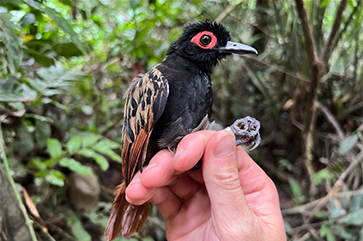 https://www.college.ucla.edu/wp-content/uploads/2023/11/Cblackbird-363-241.png
241
363
Alvaro Castillo
https://www.college.ucla.edu/wp-content/uploads/2019/07/Uxd_Blk_College-e1557344896161.png
Alvaro Castillo2023-11-14 16:12:182023-11-14 16:12:18What’s behind the toxic levels of mercury in tropical birds? Gold mining, study shows
https://www.college.ucla.edu/wp-content/uploads/2023/11/Cblackbird-363-241.png
241
363
Alvaro Castillo
https://www.college.ucla.edu/wp-content/uploads/2019/07/Uxd_Blk_College-e1557344896161.png
Alvaro Castillo2023-11-14 16:12:182023-11-14 16:12:18What’s behind the toxic levels of mercury in tropical birds? Gold mining, study shows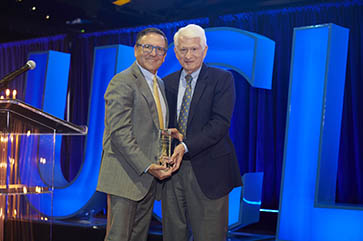 https://www.college.ucla.edu/wp-content/uploads/2023/11/LUX_363-241.jpg
241
363
Alvaro Castillo
https://www.college.ucla.edu/wp-content/uploads/2019/07/Uxd_Blk_College-e1557344896161.png
Alvaro Castillo2023-11-01 13:09:252023-11-07 11:25:03UCLA honors Tony Pritzker with Fiat Lux Award
https://www.college.ucla.edu/wp-content/uploads/2023/11/LUX_363-241.jpg
241
363
Alvaro Castillo
https://www.college.ucla.edu/wp-content/uploads/2019/07/Uxd_Blk_College-e1557344896161.png
Alvaro Castillo2023-11-01 13:09:252023-11-07 11:25:03UCLA honors Tony Pritzker with Fiat Lux Award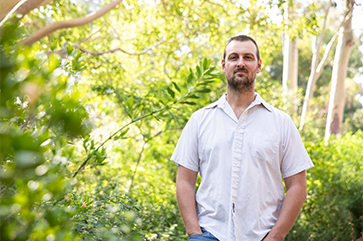 https://www.college.ucla.edu/wp-content/uploads/2023/10/Williams_363-241.png
241
363
Alvaro Castillo
https://www.college.ucla.edu/wp-content/uploads/2019/07/Uxd_Blk_College-e1557344896161.png
Alvaro Castillo2023-10-04 11:44:202023-10-05 11:45:06UCLA geography professor Park Williams awarded MacArthur Fellowship
https://www.college.ucla.edu/wp-content/uploads/2023/10/Williams_363-241.png
241
363
Alvaro Castillo
https://www.college.ucla.edu/wp-content/uploads/2019/07/Uxd_Blk_College-e1557344896161.png
Alvaro Castillo2023-10-04 11:44:202023-10-05 11:45:06UCLA geography professor Park Williams awarded MacArthur Fellowship https://www.college.ucla.edu/wp-content/uploads/2023/10/EarthGangCropped-363-241.png
241
363
Alvaro Castillo
https://www.college.ucla.edu/wp-content/uploads/2019/07/Uxd_Blk_College-e1557344896161.png
Alvaro Castillo2023-09-29 19:36:142023-10-05 13:27:34Environmental justice is front and center at UCLA’s weekend concert, Volunteer Day
https://www.college.ucla.edu/wp-content/uploads/2023/10/EarthGangCropped-363-241.png
241
363
Alvaro Castillo
https://www.college.ucla.edu/wp-content/uploads/2019/07/Uxd_Blk_College-e1557344896161.png
Alvaro Castillo2023-09-29 19:36:142023-10-05 13:27:34Environmental justice is front and center at UCLA’s weekend concert, Volunteer Day https://www.college.ucla.edu/wp-content/uploads/2023/06/Heinz1_363.png
241
363
Alvaro Castillo
https://www.college.ucla.edu/wp-content/uploads/2019/07/Uxd_Blk_College-e1557344896161.png
Alvaro Castillo2023-06-30 13:49:362023-10-24 10:23:59Temples of doom, last crusades and lost arks have nothing on her
https://www.college.ucla.edu/wp-content/uploads/2023/06/Heinz1_363.png
241
363
Alvaro Castillo
https://www.college.ucla.edu/wp-content/uploads/2019/07/Uxd_Blk_College-e1557344896161.png
Alvaro Castillo2023-06-30 13:49:362023-10-24 10:23:59Temples of doom, last crusades and lost arks have nothing on her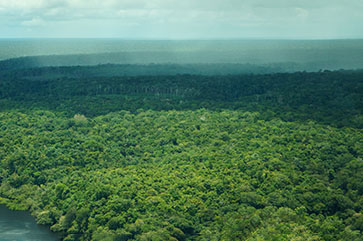 https://www.college.ucla.edu/wp-content/uploads/2023/06/Amazonas-363.jpg
241
363
Alvaro Castillo
https://www.college.ucla.edu/wp-content/uploads/2019/07/Uxd_Blk_College-e1557344896161.png
Alvaro Castillo2023-06-27 10:18:322023-06-27 10:18:32Global network for saving forests has its roots at UCLA
https://www.college.ucla.edu/wp-content/uploads/2023/06/Amazonas-363.jpg
241
363
Alvaro Castillo
https://www.college.ucla.edu/wp-content/uploads/2019/07/Uxd_Blk_College-e1557344896161.png
Alvaro Castillo2023-06-27 10:18:322023-06-27 10:18:32Global network for saving forests has its roots at UCLA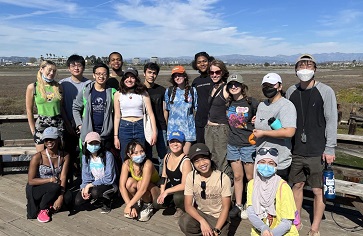
Sustainable LA Grand Challenge receives $543,000 commitment for student programming, equitable clean water research
Jonathan Van Dyke | February 03, 2023
The UCLA Sustainable…

